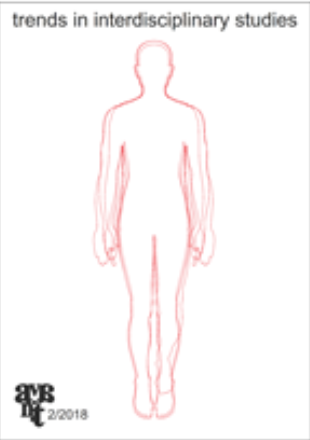Unknowability, Persecution, and the Ethical Bind: Reading through the Works of Sigmund Freud and Emmanuel Lévinas
Unknowability, Persecution, and the Ethical Bind: Reading through the Works of Sigmund Freud and Emmanuel Lévinas
Author(s): Valerie Oved GiovaniniSubject(s): Psychoanalysis, Phenomenology, Hermeneutics
Published by: Ośrodek Badań Filozoficznych
Keywords: alterity; critical theory; Emmanuel Lévinas; ethics; Paul Ricoeur; persecution; philosophy; proximity; Sigmund Freud; subjective unknowability; subjectivity; the other; uncertainty;
Summary/Abstract: This paper shows how persecution is a condition that binds each in an ethical obligation. Persecution is functionally defined here as an impinging, affective relation, one that is neither mediated by reason nor open to apology. The works of Sigmund Freud help illuminate the psychological mechanism responsible for impeding rational transparency in delusions of persecution and super-egoical moral demands. Similar to Freud who employs what Paul Ricœur has called a “hermeneutics of suspicion” to interrogate the status of a fully knowing subject, I contend that Emmanuel Lévinas’s work on the ethical subject is useful for developing a “hermeneutics of trust” in an ambivalent ontological condition that is unavoidably ethical. By thinking Freud and Lévinas together, I show how the commitment to total mastery of an unknowable ego leads to a persecutory relation, yielding moralities that are unconcerned with injuring the other in the name of that which is judged as good. In answer to this ethical dilemma, I propose that a turn toward relational ethics and an intentionality of search offers traces of a morality where differences are preserved and thus prevent the persecution of the other for one’s own moral fulfillment
Journal: AVANT. Pismo Awangardy Filozoficzno-Naukowej
- Issue Year: 2018
- Issue No: 2
- Page Range: 87-105
- Page Count: 19
- Language: English

